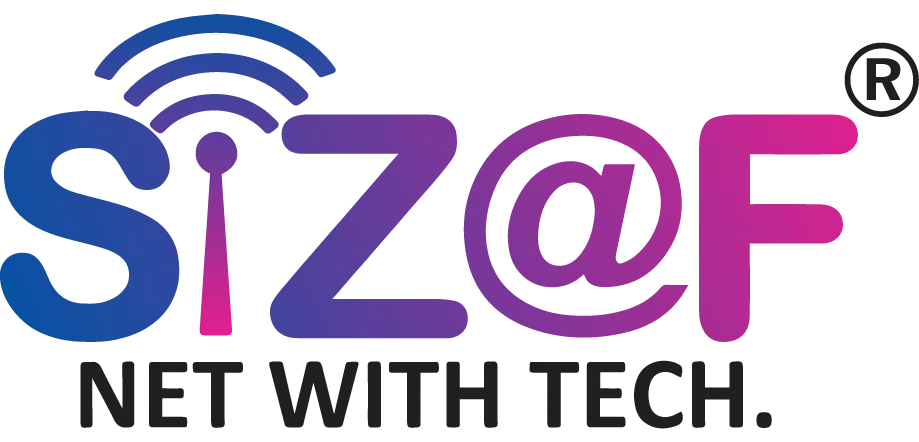Overview: The Intelligent Industry Era
Production, engineering, and pharmaceuticals are all undergoing radical change as a result of the convergence of digital technology. Previously labor-intensive and divided processes are now becoming highly integrated, automated, and data-driven ecosystems.
AI-powered medication research and smart manufacturing facilities are examples of how these industries are undergoing a complete change in how they create, manufacture, and provide value.
The Reasons Digital Transformation Is Essential
Agility, accuracy, and compliance are essential in today’s industrial environment. Traditional methods are ineffective due to issues like supply chain disruptions, increased regulations, and worldwide rivalry.
Digital tools are making it possible for:
- Quicker development of products
- Predictive equipment maintenance
- Production analytics in real time
- Improved security and adherence to regulations
- Scalable cloud-based processes
Adopting digital innovation is essential to maintaining resilience and competitiveness, whether you’re managing a pharmaceutical lab or an assembly line.
Technologies Reshaping These Industries
1. IoT & Smart Sensors
Let’s be real—IoT devices have become the backbone of modern operations. They’re quietly monitoring equipment, tracking inventory, and flagging issues before you even know they exist. Real-time data? Absolutely. You’ll spot problems before they snowball into expensive disasters.
In engineering, that translates to fewer surprise breakdowns and a noticeable drop in wasted energy—not bad for the bottom line.
In pharmaceuticals, these sensors are all about compliance and quality. They obsessively monitor temperature, humidity, and cleanliness, making sure your processes tick every GMP box and your product quality doesn’t slip.
The payoff? Predictive maintenance keeps downtime on a leash and productivity high. That’s just smart business.
2. The use of cloud computing
Organizations may safely store and process large data sets, such as supply chain records and production measurements, with cloud-based infrastructure.
- It enables remote plant monitoring in production.
- It facilitates R&D team collaboration, clinical trials, and regulatory documentation in the pharmaceutical industry.
Advantages.: Scalability and data accessibility across departments and locations
3. Robotics & Automation

Automation guarantees accuracy, security, and uniformity in everything from robotic arms to automated packing lines.
- Automation in engineering expedites part manufacturing and prototype.
- It enhances manufacturing precision and hygiene in the pharmaceutical industry.
Advantage: Increased productivity and lower labor expenses.
4. AI & Data Analytics
Making decisions based on data is increasingly commonplace. Organizations can learn more about client demand, process constraints, and product performance via advanced analytics.
- It aids in product design optimization in engineering.
- AI is used in pharmaceuticals to improve formulation and model drug interactions.
Advantage: Quicker, more intelligent decisions with fewer mistakes.
The Advantages of Digital Transformation for Every Sector

Production Sector:
- Tracking raw ingredients and final products in real time
- Systems for automated quality control
- Smart monitoring results in lower energy consumption.
- Solutions for an integrated supply chain
Improved engineering sector
- CAD tools driven by AI and the cloud
- Using digital twins to evaluate designs in virtual settings
- Enhanced cooperation between the manufacturing and design teams
- Automated and 3D-printed faster prototyping
Pharma Sector
- Adherence to local health, FDA, and WHO laws through verifiable digital logs
- Machine learning models for accelerated drug discovery
- Scalable and safe clinical trial data storage
- Improved patient safety with batch monitoring in real time
Obstacles and How to Get Past Them
Despite the obvious advantages, adoption has challenges:
- Data Security: Robust cybersecurity measures must be implemented to strengthen cloud and IoT.
- Skills Gap: Workers need to be more proficient in digital settings.
- Integration Complexity: Careful migration plans are required for legacy systems.
- Cost Issues: In the absence of a clear plan, initial investments may be substantial.
🌐 Solution: These problems can be lessened with a methodical digital transformation plan and trustworthy IT partners.
Conclusion: Create More Intelligently, Work Quickly, and Provide Better
The production, engineering, and pharmaceutical industries must embrace digital transformation now; it is not a possibility for the future. Businesses may lower expenses, increase productivity, uphold compliance, and spur innovation with the correct digital infrastructure.
We can help if your company is prepared to digitize pharmaceutical operations, optimize engineering workflows, or adopt smart manufacturing.
Reach out to sizaf infocomm right now
in Malaysia at +60 14-660 0012 and in the USA at +1 516 880 9996.
Together, let’s safeguard your company’s future with scalable, intelligent, and secure solutions.

